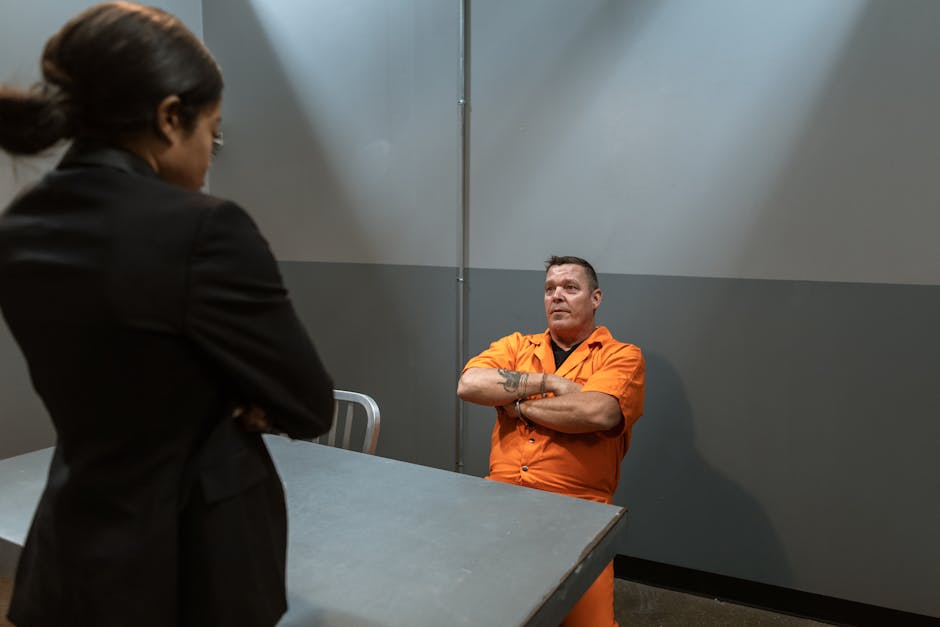
Criminal Justice: The Basics You Should Know
Criminal Justice: The Basics You Should Know
When it comes to maintaining law and order, the field of criminal justice plays a crucial role. It encompasses the institutions, practices, and procedures designed to uphold social control, deter crime, and ensure justice is served. Whether you're considering a career in criminal justice or simply curious about the topic, this article will provide you with an overview of its key aspects.
The Role of the Criminal Justice System
The criminal justice system is a complex network of agencies and processes that aims to maintain peace and order within society. It consists of law enforcement, judiciary, and correctional institutions, each with specific responsibilities:
- Law Enforcement: Police departments and other agencies tasked with preventing and detecting crime, as well as apprehending offenders.
- Judiciary: Courts and legal professionals responsible for interpreting and applying the law, conducting trials, and determining guilt or innocence.
- Corrections: Prisons, probation, and parole systems that handle the punishment and rehabilitation of convicted individuals.
Key Concepts in Criminal Justice
To understand criminal justice, it's important to familiarize yourself with several key concepts:
- Criminal Law: The body of laws that define illegal conduct and specify punishments for various offenses.
- Due Process: The principle that individuals have the right to fair treatment and protection under the law.
- Punishment: The consequences imposed on individuals who have been found guilty of a crime, which can include fines, probation, incarceration, or even death.
- Rehabilitation: The process of helping convicted individuals reintegrate into society and lead law-abiding lives.
- Probation and Parole: Alternatives to incarceration where individuals serve their sentences in the community under supervision.
Criminal Justice Career Paths
The field of criminal justice offers a wide range of career paths, including:
- Law Enforcement Officer: Become a police officer, detective, or federal agent to ensure public safety and uphold the law.
- Legal Professional: Pursue a career as a lawyer, judge, or legal advisor to advocate for justice and protect the rights of individuals.
- Corrections Officer: Work in prisons or correctional facilities to oversee the rehabilitation and security of incarcerated individuals.
- Forensic Scientist: Apply scientific techniques to analyze evidence and help solve crimes.
- Probation/Parole Officer: Monitor and support individuals serving their sentences in the community to promote their successful reintegration.
These are just a few examples of the diverse career opportunities available within the criminal justice field.
The Importance of Criminal Justice
A properly functioning criminal justice system is essential for maintaining law and order. It helps deter potential criminals, protect the innocent, and provide recourse for victims of crime. By upholding the principles of fairness and justice, criminal justice systems contribute to the overall well-being and stability of a society.
Whether you're interested in pursuing a career in criminal justice or simply want to be informed about how it operates, familiarizing yourself with its fundamentals is a great place to start.
